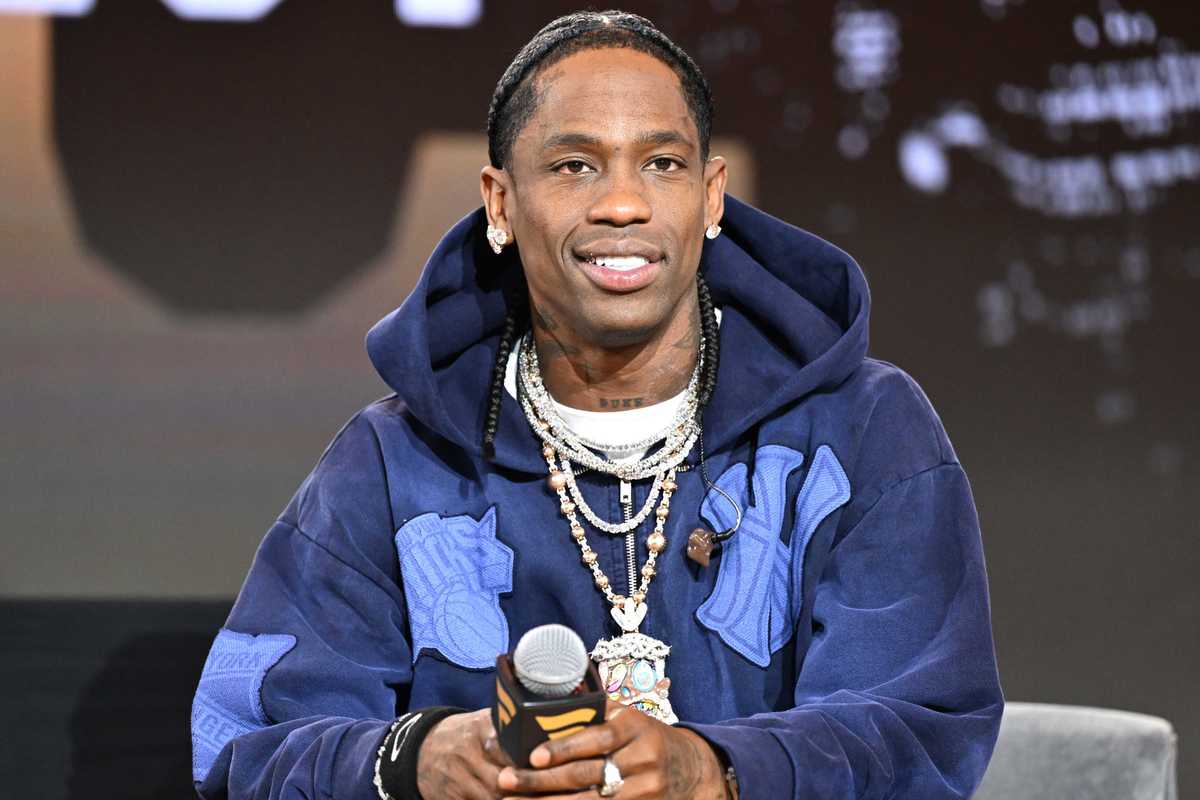News
Indy100 Staff
Aug 03, 2017

Picture:
Getty Images/iStockphoto
It's an inconvenient truth that certain names on job applications receive a more positive response in certain industries.
It's unfair, it's arbitrary, but it just happens.
A 2016 news story from Fortune details the story of Erin McKelvey.
She was applying for jobs in the tech industry in the 1990s after finishing at college, but was having little success.
A friend, Alexandra, offered her some advice after receiving more responses under the name 'Alex' - to change her name on applications to her nickname, 'Mack'.
Mack's resume upped her success rate from zero to 70 per cent.
McKelvey told Fortune:
Was it because it was an unusual name? A male name? A catchy name? I’ll never know.
Mack McKelvey was born and I accidentally branded myself.
'Mack' got a job as a contractor at AT&T a few weeks afterwards, and as of 2016 was a partner at a strategic advisory firm called Chameleon Collective, as well as CEO of tech product incubator SalientMG.
A similar story was published by the Financial Times. Kayo Anosike's job applications saw more success when her name was changed to "Kayla Benjamin," and Panagiota Drepaniotis saw more success as "Patty", revealing an ethnic bias in response rates also.
Former UK Prime Minister David Cameron acknowledged this imbalance back in October 2015 when he said in a speech at the Tory party conference:
Do you know that in our country today: even if they have exactly the same qualifications, people with white-sounding names are nearly twice as likely to get call backs for jobs than people with ethnic-sounding names?
A paper from the National Bureau of Economic Research from 2003 found that:
Job applicants with white names needed to send about 10 resumes to get one callback; those with African-American names needed to send around 15 resumes to get one callback.
While a 2012 study at Princeton found that US universities seeking a laboratory manager, were handed CVs randomly headed with male or female names were seen to rate male applicants as "significantly more competent and hireable".
There's a significant bias against women and minority ethnic candidates in many fields.
Meanwhile, a highly publicised outlying blind recruitment trial study by the Australian Public Service (APS) in June 2017, including 2,100 public servants in 14 agencies, found that applications for senior positions in the APS:
generally discriminated in favour of female and minority candidates.
It made headlines around the world for running against the narrative, albeit in a specific sector. The study read:
This suggests that the APS has been successful to some degree in efforts to promote awareness and support for diversity among senior staff.
It also means that introducing de-identification of applications in such a context may have the unintended consequence of decreasing the number of female and minority candidates shortlisted for senior APS positions, setting back efforts to promote more diversity at the senior management levels in the public service.
Participants were 2.9 per cent more likely to shortlist female candidates, and 3.2 per cent less likely to shortlist male applicants when they were identifiable, compared with when they were de-identified.
Minority males were 5.8 per cent more likely to be shortlisted and minority females were 8.6 per cent more likely to be shortlisted when identifiable compared to when applications were de-identified.
So it seems the nature of how your name affects your likelihood of a callback remains dependent upon the industry and the role you're applying to, and are probably subject to some discrimination.
More: This man started signing emails as his female co-worker and got to experience modern day sexism
Top 100
The Conversation (0)













